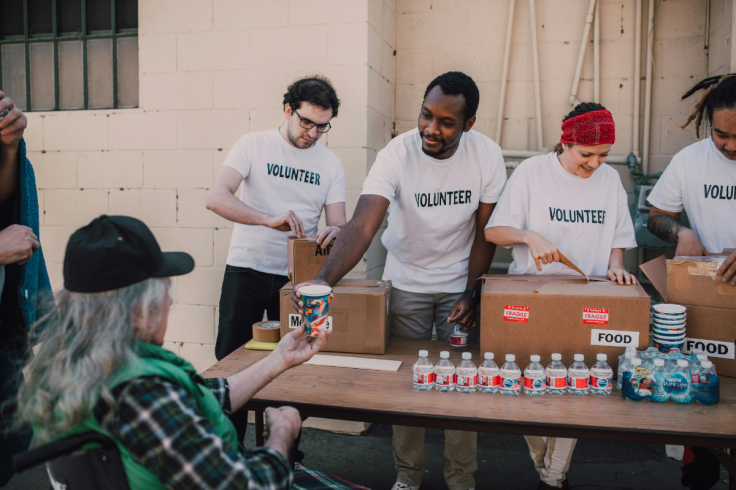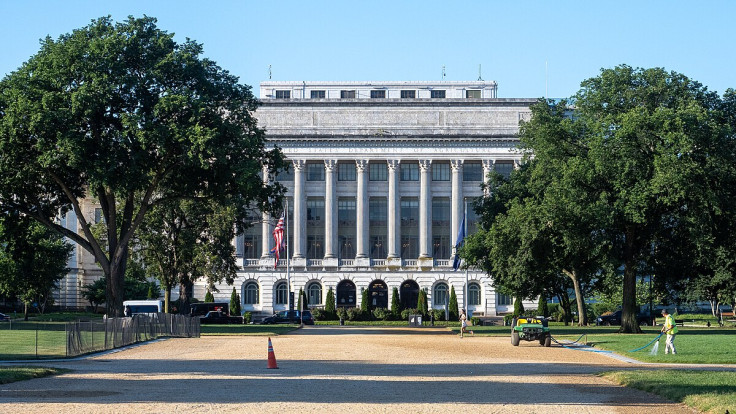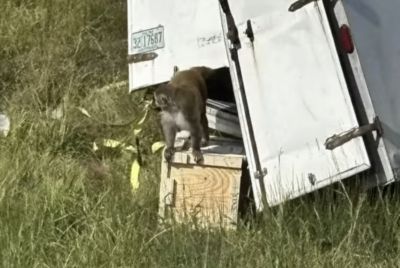SNAP Benefits at Risk Amid Government Shutdown: Des Moines Nonprofits Brace for Impact
With SNAP funding at risk, Des Moines food banks prepare for a spike in demand amid federal shutdown

As the US government shutdown drags into its fourth week, anxiety is rising across Iowa over the potential suspension of the Supplemental Nutrition Assistance Program (SNAP).
More than 270,000 Iowans depend on SNAP each month, and with federal funding in jeopardy, food security for thousands now hangs in the balance.
The Iowa Capital Dispatch reports that local food banks are preparing for an 'unprecedented' surge in demand.
The US Department of Agriculture (USDA)has warned that November SNAP payments may be halted unless Congress passes a funding resolution, leaving vulnerable families without critical support.
Des Moines Food Banks Prepare for Surge
In Des Moines, local nonprofits are already feeling the strain. The Des Moines Area Religious Council (DMARC), which operates one of the city's largest food pantry networks, has reported a sharp uptick in demand as residents brace for the possible loss of federal aid.
'There's literally no precedent for this. In the history of the SNAP program, benefits have never been delayed or not issued,' said Kathy Underhill, DMARC's chief executive, in an interview with Iowa Public Radio. 'November is always the busiest month in the food bank and food pantry world, and if SNAP benefits do not go out on time in November, the capacity of food banks and food pantries will be pushed to their very limits.'
DMARC has extended pantry hours and begun coordinating emergency food distributions. Volunteers are being mobilised, and appeals for public support have intensified.
$45 Million in Monthly Aid at Stake

The potential lapse in SNAP funding would result in a $45 million (£34.05 million) monthly shortfall in Iowa alone, according to Our Quad Cities. That figure underscores the scale of the crisis facing both recipients and the organisations that support them.
SNAP, formerly known as food stamps, is entirely federally funded. Without congressional action, the USDA will be unable to disburse November benefits, leaving thousands of households without their primary source of grocery support.
Community Response and Contingency Planning
Nonprofits in Des Moines are working with state and local officials to develop contingency plans. Emergency food reserves are being assessed, and partnerships with grocers and suppliers are being explored to ensure service continuity.
'All of us are doing everything we can to meet the need, but ... the charitable food system cannot fill this gap,' said Annette Hacker, chief communications and strategy officer for the Food Bank of Iowa. 'For every meal the charitable food system provides, SNAP provides nine.'
Advocacy groups have launched campaigns urging residents to contact their elected representatives and demand a resolution to the budget impasse. The message is clear: food security should not be a casualty of political gridlock.
Vulnerable Iowans Face Growing Uncertainty
The impact of a SNAP funding lapse would be felt most acutely by children, the elderly, and people with disabilities—groups that make up a significant portion of SNAP recipients. For many, the programme is not merely supplemental but essential.
Food insecurity in Iowa has already been rising, exacerbated by inflation and the lingering effects of the COVID-19 pandemic. A disruption to SNAP would likely push many households into crisis, increasing reliance on already-stretched food banks and charitable organisations.
Outlook Remains Uncertain
With no clear end to the shutdown in sight, Des Moines nonprofits are urging the public to stay informed and engaged. Donations of food, funds, and time are all welcome, but leaders stress that systemic change is needed to prevent such crises from recurring.
As November approaches, the question remains: will Congress act in time to prevent a humanitarian emergency in communities like Des Moines?
© Copyright IBTimes 2025. All rights reserved.





















